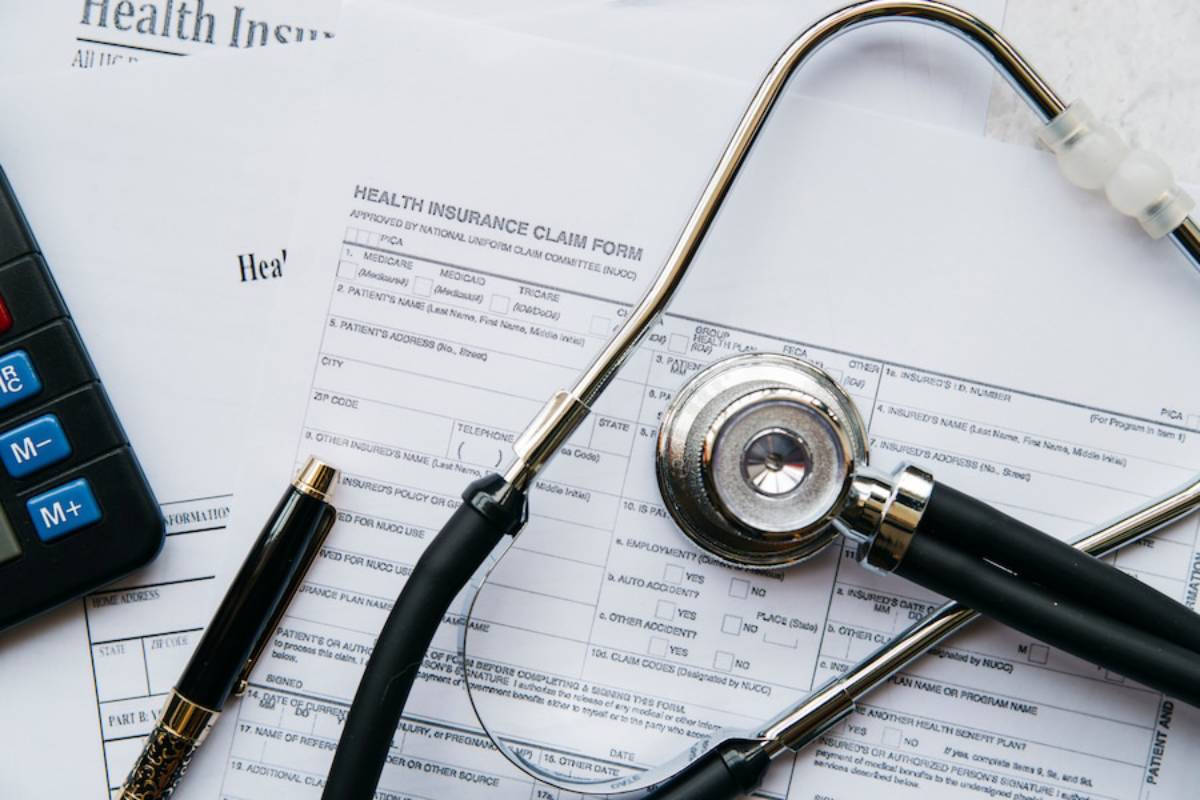Navigating the complexities of HIPAA compliance in the digital age can be difficult for newcomers. The benchmark for safeguarding confidential patient information was set in 1996 by the Health Insurance Portability and Accountability Act (HIPAA). Any organization that handles protected health information (PHI) needs to make sure that the necessary network, process, and physical security measures are implemented and maintained. Anyone managing or sending health information online must know the basics of HIPAA compliance.
Understanding HIPAA
The Health Insurance Portability and Accountability Act, or HIPAA, was passed in order to modernize the exchange of health information and to provide guidelines for safeguarding personally identifiable information held by the healthcare and insurance sectors against theft and fraud. It is essential for organizations handling PHI since it deals with the security and privacy of health data. National standards must be established to safeguard patient medical records and other private health information, according to the act. In a world that is becoming more digital and where electronic health records (EHRs) are common, these standards are crucial.
The Importance of Compliance
Respecting HIPAA requires more than simply staying out of legal hot water; it also involves upholding confidence and protecting patients’ privacy. There can be severe penalties, legal repercussions, and reputational damage for noncompliance. Building confidence with patients and other stakeholders requires demonstrating a commitment to preserving patient information, which is what compliance assurances provide. Strict adherence to HIPAA requirements is a proactive step toward risk mitigation in an era where data breaches are frequent.
Key Components of HIPAA
HIPAA compliance involves several essential elements, including adherence to the Privacy, Security, and Enforcement rules. Medical records and other personally identifiable health information about an individual are protected by national standards established by the Privacy Rule. It covers health plans, clearinghouses for healthcare information, and healthcare providers who employ electronic means for some medical transactions. In order to ensure the privacy, availability, and integrity of electronic protected health information (ePHI), covered entities must implement a number of administrative, technical, and physical measures as specified by the Security Rule.
Steps to Achieve HIPAA Compliance Online
Online HIPAA compliance requires a few essential actions. To find any potential weaknesses in the way ePHI is handled, a comprehensive risk assessment should be carried out first. This entails examining the procedures used for data collection, storage, and transmission to find any potential security holes. Organizations need to create and implement thorough policies and procedures to address the risks identified during the risk assessment. Establishing procedures for access controls, data encryption, and routine system monitoring for any breaches are all part of this.
Data Encryption
Encrypting all ePHI is one of the core requirements for HIPAA compliance. Data is transformed into a code through encryption to guard against unwanted access. Ensuring the protection of confidential health information from cyber-attacks is crucial. An additional degree of security is added to data when it is encrypted, making it unreadable by anyone lacking the decryption key. It is imperative that organizations employ robust encryption techniques that adhere to HIPAA regulations.
Choosing HIPAA Compliant Services
Choosing a HIPAA compliant hosting provider is an important decision for any firm that handles ePHI. A HIPAA compliant services makes sure that the hosting environment satisfies all security standards required to safeguard private medical data. To ensure compliance with all other HIPAA regulations, data encryption, safe access restrictions, and frequent audits are all part of this. By using services, businesses can meet compliance standards and feel secure in the knowledge that their data is safe.
Maintaining Documentation
Keeping comprehensive records is essential to HIPAA compliance. Organizations must maintain thorough records of all their training courses, rules and procedures, risk assessments, and incidents that take place. In order to show compliance during audits and to pinpoint areas that might require improvement, this documentation is crucial. An accurate record of the organization’s efforts to protect ePHI is provided by proper documentation, which also helps to guarantee that all HIPAA compliance requirements are met.
Conclusion
Understanding and putting into practice a comprehensive set of security procedures to secure ePHI is necessary to achieve HIPAA compliance online. This entails carrying out risk analyses, putting in place access controls and data encryption, conducting frequent audits, educating staff members, and keeping extensive records. Other essential elements include selecting HIPAA compliant hosting and upholding patient rights. Organizations can guarantee that they meet their HIPAA requirements and safeguard sensitive health information in the digital era by following these rules and being proactive.














